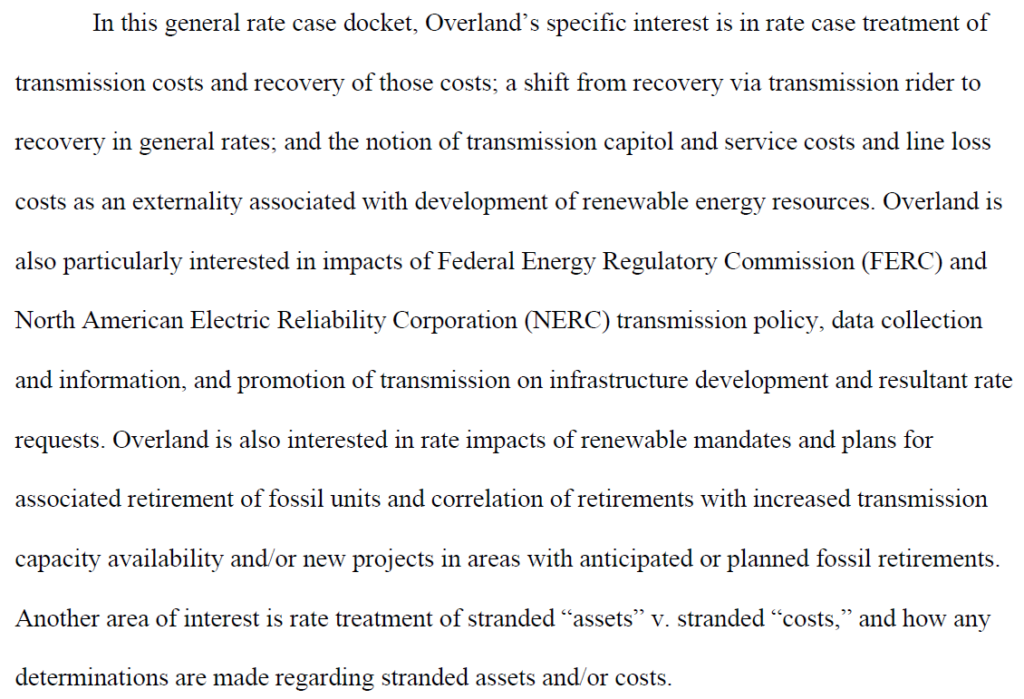TODAY! 6 p.m. – Dry Cask SEIS Mgt
February 16th, 2022

In-person meeting tonight — MASK UP!
READ THE DRAFT SUPPLEMENTAL ENVIRONMENTAL IMPACT STATEMENT AND REGISTER YOUR THOUGHTS!
Xcel still has not disclosed what cask they plan to use. They also have said they don’t need a NRC license amendment, but the Xcel testimony in the rate case says otherwise. See p. 56-58:
Be there, or be square!
Off-shore wind noise
January 13th, 2022

This came up again today, and studies popped up — if there are important ones not here, please let me know in the comments (with a link!!):
Note how this one sets it up: “Wind farms’ operating companies have increased their interest in noise impact due to resistance from people settling in the proximity of new projects.: See study:
This one is interesting because it specifies use of ISO 18406 (2017) (percussive pile driving), and not ISO 9613-2. Keep a lookout in these studies for ISO methodology, because as we saw with Freeborn Wind, GI/GO — gotta use the right measurement methods and criteria. So check out this article from Acoustics Today:
PUC Rulemaking officially “withdrawn” … sigh…
December 28th, 2021
Overland intervenes in NSP/Xcel Rate Case
December 24th, 2021

A little holiday gift for my good friends at NSP/Xcel Energy:
The issues I’m concerned about, at this point, are primarily transmission related:
This should be intense, guaranteed, but fun, eh?
PPSA Annual Hrg – TOMORROW!
December 19th, 2021

And AGAIN! It’s the Power Plant Siting Act Annual Hearing! You can attend in person, MASKED, or via webex or phone. Primary documents are posted below.
December 20, 2021 @ 9:30
PUC Large Meeting Room
121 – 7th Place East – 3rd Floor
St. Paul, MN
Comments? BE SURE TO NOTE DOCKET NUMBER FOR COMMENTS:
PUC Docket E999/PR-21-18 & OAH Docket 65-2500-37832
Written comments will be accepted through January 10, 2022, by 4:30 p.m.

Note notice only to those “who have requested notice” above? Nope, notice should be to all who are on service and project lists for projects active in the calendar year. Thankfully EERA does give notice to a lot more than just those “who have requested notice” (see “Notice & Service Lists” link posted above).
From the EQB Monitor:

Here are the projects EERA’s Summary says were approved — note that for wind it does NOT list applicable parts of 216E, such as Minn. Stat. 216E.03, Subd. 7!

Meanwhile, the update of rules for PPSA siting, Minn. R. ch. 7850, is stalled out again, WITHDRAWN by the PUC last Thursday, supposedly based on many comments made over the last few weeks by a bunch of people and orgs who were utterly absent through the NINE YEARS of this rulemaking proceeding. My grits are FRIED! The PUC Agenda Item starts at the very end of the meeting, and note the bogus statements about the “why” of this rulemaking. Let’s be clear here — it’s due to the 2005 legislative changes, SIXTEEN YEARS AGO. See PUC Docket R-12-1246. Good grief… Discussion starts at 2:48:28:



